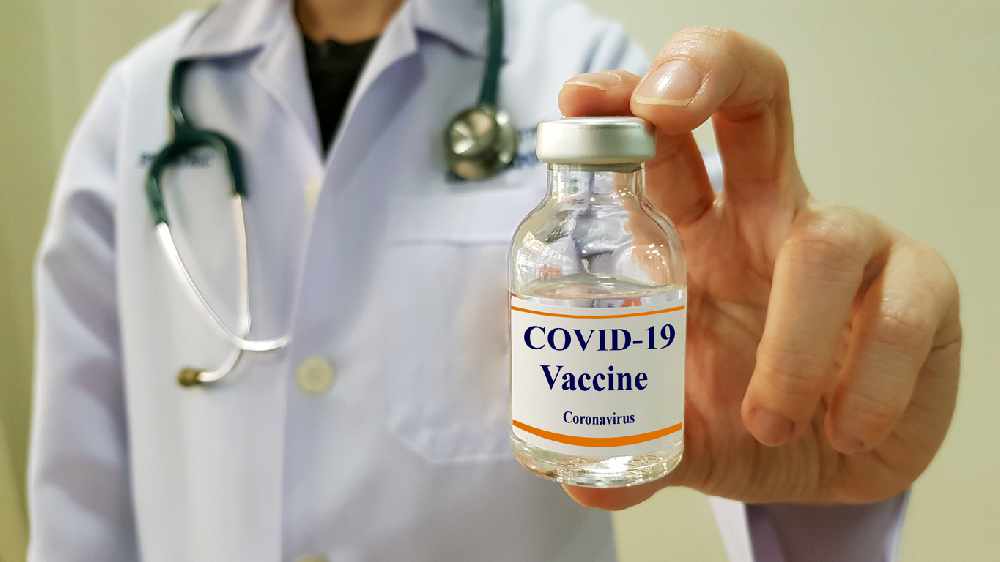
Nearly one million people have taken an experimental coronavirus vaccine developed by China National Pharmaceutical Group (Sinopharm) through the country's emergency use programme.
China launched the emergency use programme in July, which so far includes three vaccine candidates for essential workers and other limited groups of people even as clinical studies have yet to be completed to prove their safety and efficacy.
No serious adverse reaction has been reported from those who received the vaccine in emergency use, Sinopharm said in an article on social media WeChat, citing Chairman Liu Jingzhen from a recent media interview.
Two vaccine candidates developed by Sinopharm's subsidiary China National Biotec Group (CNBG) and third one developed by Sinovac Biotech have been used for the emergency programme.
It's unclear which vaccine Liu referred to, and Sinopharm was not immediately available to comment.
Sinopharm's vaccines, which use inactivated virus unable to replicate in human cells to trigger immune responses, require two doses, clinical trial registration data showed.
The experimental vaccines are undergoing Phase 3 clinical trials overseas that have recruited nearly 60,000 people, and blood samples of more than 40,000 participants have been taken 14 days after they took the second dose, the article said citing Liu, without breaking down the numbers for each vaccine.
Among construction project employees, diplomats and students who went abroad after taking Sinopharm's vaccine, no one has been infected, it added.
But experts have cautioned against using data solely from emergency use programme, without comparable results from a clinical trial-standard control group, to determine a vaccine's effectiveness.

 UK inquiry finds 'chilling' cover-up of infected blood scandal
UK inquiry finds 'chilling' cover-up of infected blood scandal
 Iranian President Raisi killed in helicopter accident, state media says
Iranian President Raisi killed in helicopter accident, state media says
 ICC prosecutor seeks arrest warrants for Israeli, Hamas leaders
ICC prosecutor seeks arrest warrants for Israeli, Hamas leaders
 Assange given permission to appeal against US extradition
Assange given permission to appeal against US extradition
 Israel intends to broaden Rafah sweep, Defence Minister tells US
Israel intends to broaden Rafah sweep, Defence Minister tells US




